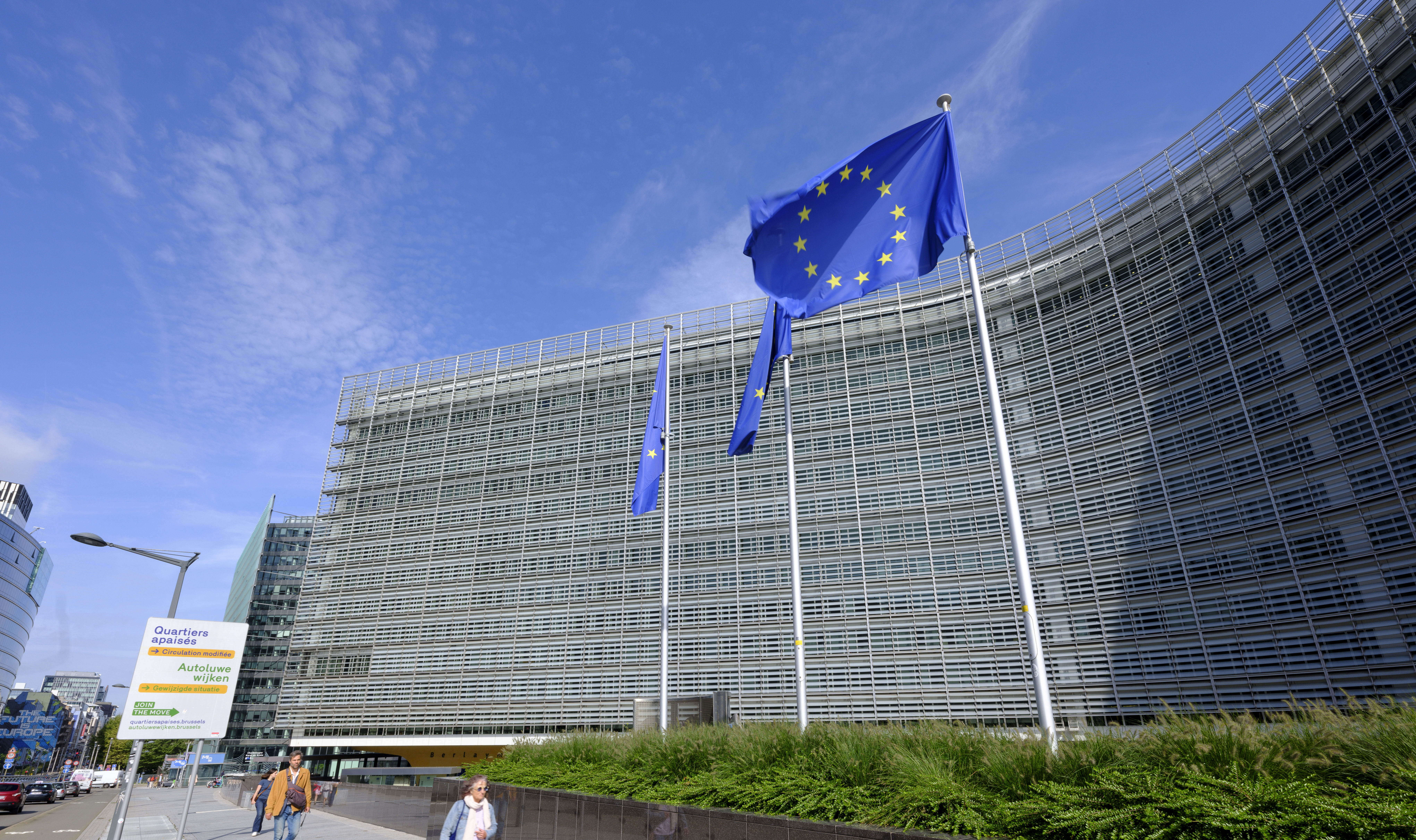Despite Right’s Victory in Europe, The War Will Go On
The Washington consensus is as strong as ever on the continent.

In line with expectations, populist right wing parties across Europe made significant gains in last weekend’s EU parliamentary elections. The results have been interpreted as a vote of no confidence in the Atlanticist establishment’s handing of the proxy war between Russia and NATO—and these very much include the war’s knock-on effects, not least soaring energy prices (thanks to the prohibition on cheap Russian gas and its replacement with expensive American LNG), economic stagnation, and widespread disillusion over the Washington-led sanctions regime against Russia.
A survey taken by the Hungarian Szazadveg Foundation showed that, with regard to the sanctions policy, “three times as many respondents (31%) thought that the sanctions primarily harmed the EU as those who thought they harmed Russia (12%)” [emphasis mine].
As Gladden Pappin, the president of the Hungarian Institute of Foreign Affairs, recently told me, “I think that the war and the consequences of the war are the principal driver of political movements in Europe at the moment, with migration being a second one. But the problem here is that Europe itself lacks agency, lacks full agency in international affairs.”
By the most recent count, the European populist-right will control no fewer than 165 seats. Meanwhile the center-right European People’s Party is expected to control somewhere near 190 seats in the coming session—good news for the incumbent EU Commission President Ursula von der Leyen, who is widely expected to seek another term.
The fallout from the vote was immediate and, in France, dramatic. France’s President Emmanuel Macron, whose Renaissance party was crushed by Marine Le Pen’s rightwing National Rally by 15 percentage points, made the surprise decision to dissolve parliament and hold snap elections beginning June 30, with a second round July 7.
The reaction in global markets was swift, with French equities tumbling and bond yields climbing to their highest levels since November. But Macron is betting that expected higher voter turnout for a national election will play to his favor and give him a government with which he can do business. Yet, as Matthias Matthijs, Dean Acheson Chair at Johns Hopkins SAIS, noted in a post-election panel on Tuesday, “He is taking a major risk here.” Macron’s electoral fortunes may hinge on the popularity (or lack thereof) of his oft-stated threat to send French troops to bolster the faltering war effort in Ukraine. Macron’s pro-war stance may be his undoing, as polls indicate that some 69 percent of EU citizens oppose sending troops to Ukraine.
Happily, the EU election results were a disaster for the pro-war Green Party, which can only be seen as a positive development for voters interested in ending the conflict. In Germany, where Foreign Minister Annalena Baerbock is a leading member of the Greens and among the most unhinged proponents of the NATO–Russia proxy war, the Greens’ share of the vote was half of what it was in the last EU election in 2019. Polls show that Greens’ share of the vote in Germany this time around is hovering just below 12 percent.
While it is tempting to see the election results as a referendum on issues of war and peace, it is not at all clear that they will have any tangible effect on the conduct of the war. The American University in Paris Professor Emeritus Hall Gardner cautions, “It is not clear where the European rightwing is heading with respect to the Russian war with Ukraine.”
Discussing the case of Italian premier Giorgia Meloni, Gardner cautions that, once a critic, she “now supports a pro-Ukraine Atlanticist policy despite popular opposition to selling arms to Ukraine and dissent within her own party.” Indeed, according to Gardner, “many of the right-wing leaders are moderating their previously strong opposition to the war.”
Subscribe Today
Get daily emails in your inbox
And despite the strong showing at the polls for nationalist parties promising change, the Atlanticist consensus remains unscathed. Von der Leyen, a stalwart supporter of Washington’s prerogatives in Europe, may well recapture the powerful EU Commission presidency, and reports are now circulating that hawkish Estonian Prime Minister Kaja Kallas and a favorite of the neocon-think tank world, the Polish Foreign Minister Radek Sikorski (a key supporter of the Maidan coup of 2014 and the husband of Anne Applebaum, who tweeted "Thank you, USA" in response to the destruction of Nord Stream), are among the leading candidates to succeed Spain’s Josep Borrell as EU foreign affairs commissioner.
As University of Kent Professor Emeritus Richard Sakwa recently noted, there are “islands of disobedience” to the Atlanticist consensus such as Hungary, Slovakia, Serbia and the Alternative for Germany and National Rally parties. “But,” Sakwa notes, “the rest are no longer resisting; the political West has swallowed up the political elite of Europe.”
Just so. And it hardly needs pointing out that ultimately the conduct of the war rests not in Berlin nor in Paris nor in Brussels but in Washington and Moscow. And a right-populist ascendancy in the European parliament is unlikely in the extreme to matter at all to those who exercise the true power of command.